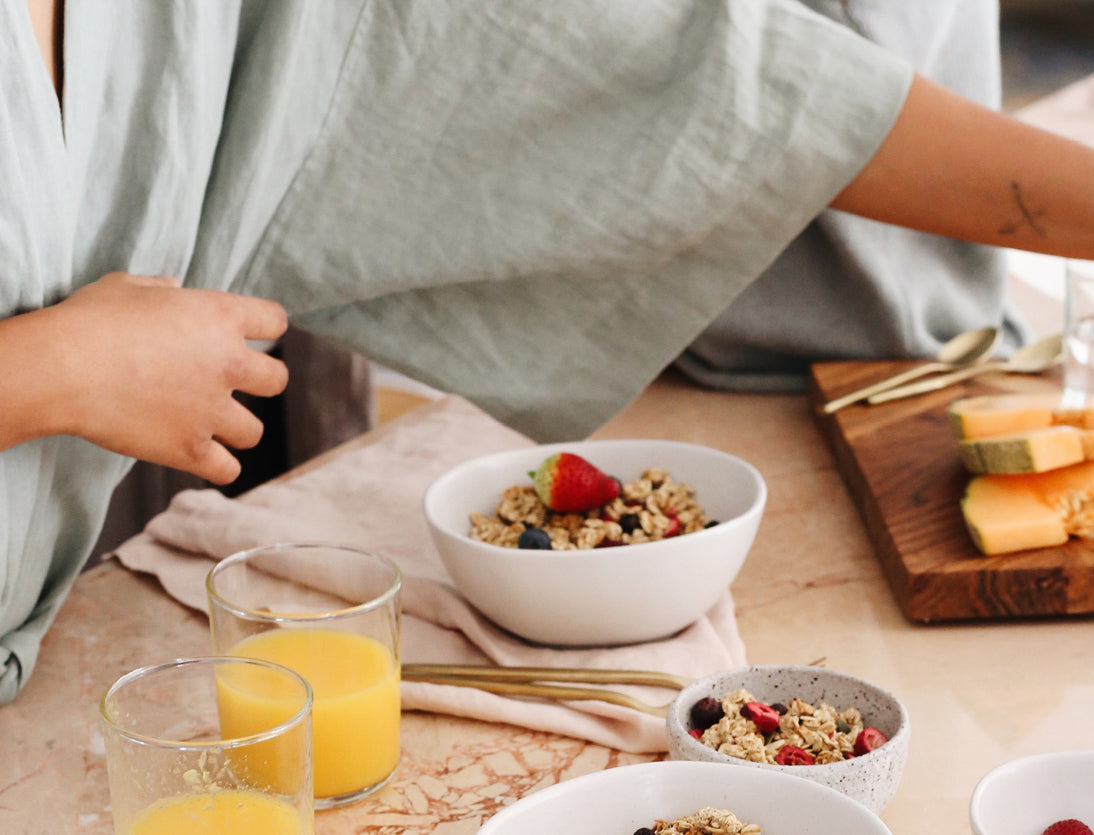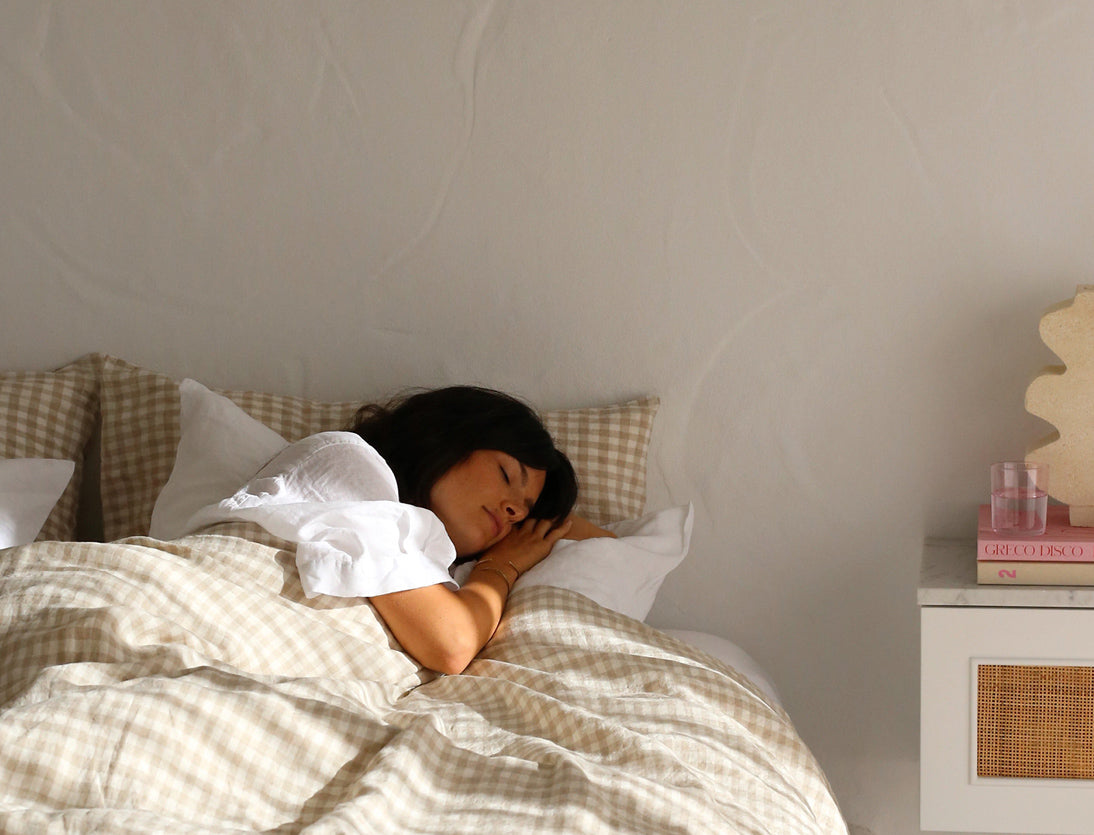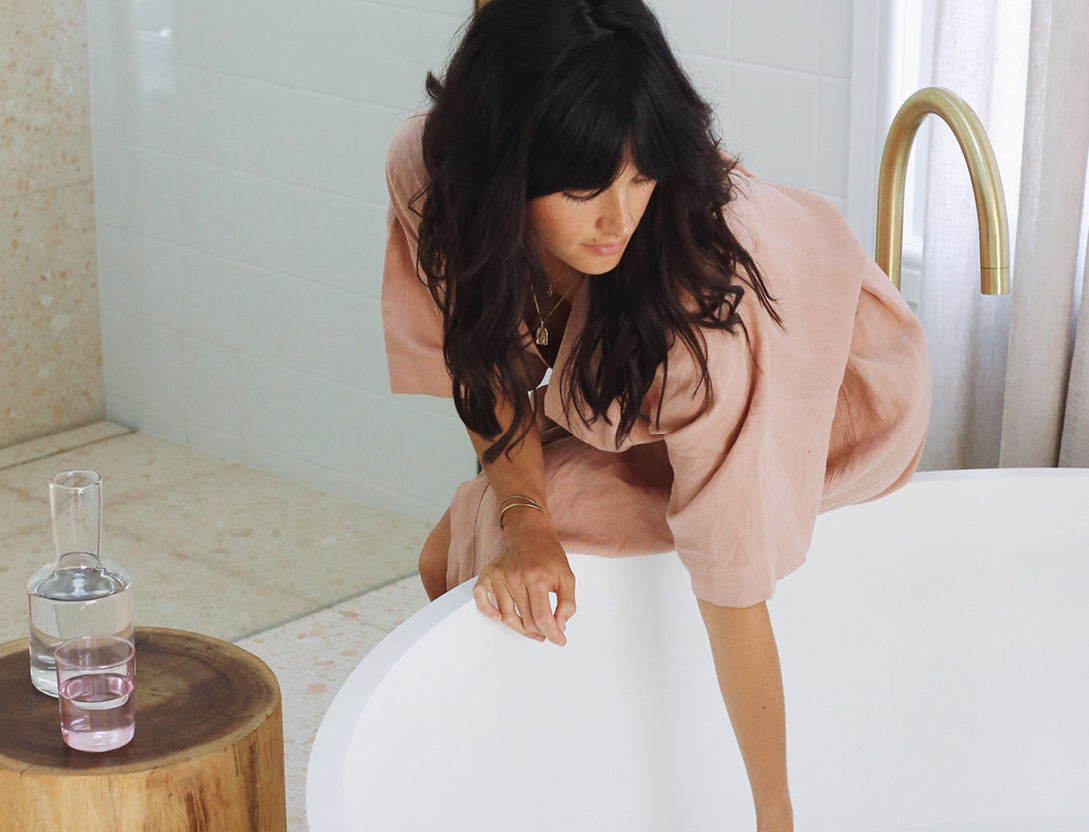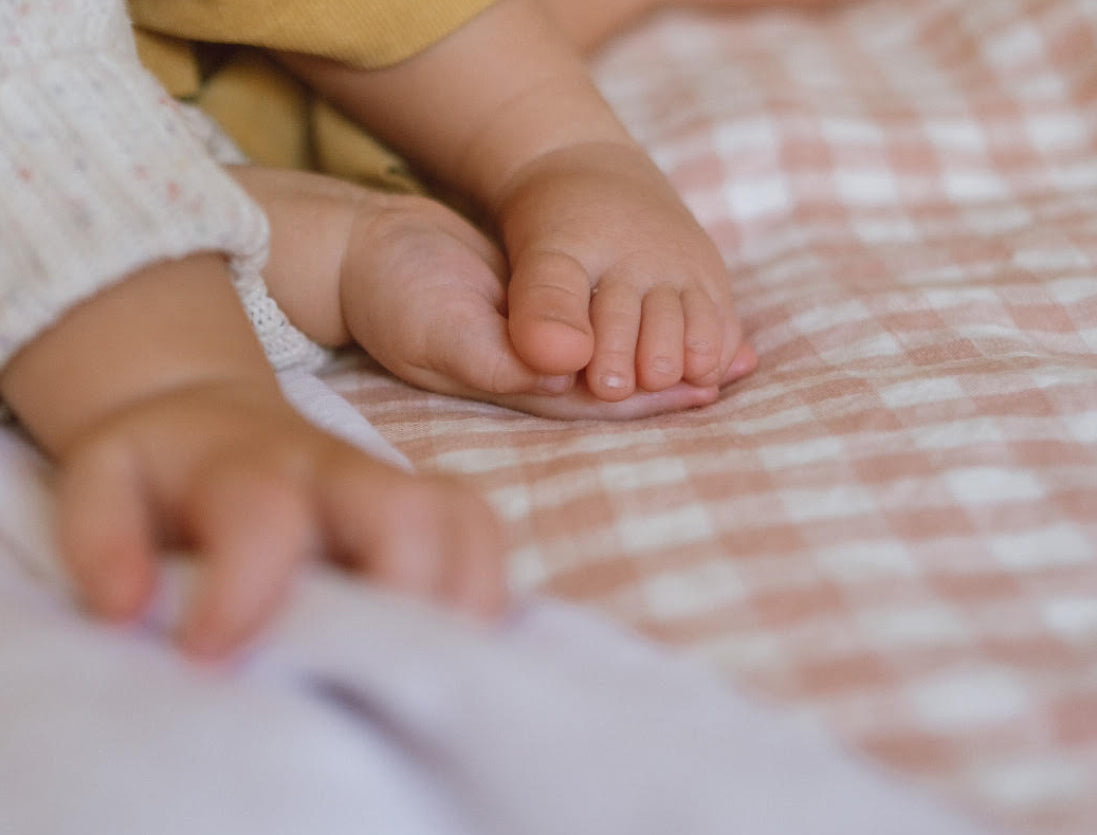
5 Myths about Female Health
Posted: 21 February 2022
There are so many myths about the female body; what we should eat, what we shouldn’t eat, how to feel... the list goes on! So I’m here to bust a few myths that I often hear from my female clients.
A Naturopath's Guide to Busting Myths Around Women's Health
There are so many myths about the female body; what we should eat, what we shouldn’t eat, how to feel... the list goes on! So I’m here to bust a few myths that I often hear from my female clients.

1. Women shouldn’t eat too many carbs
This is so far from the truth that it hurts. Carbs are pretty damn crucial for women’s health. They are the primary source of energy for the body’s cells, tissues and organs – plus they’re delicious and satisfying. Without enough carbs, female hormones are quickly affected, often resulting in irregular, difficult or absent periods. An interesting study found that during the luteal phase (the two weeks before your period), females require 100 – 300 more calories per day due to an increase in basal metabolic rate (calories needed to stay alive). This just demonstrates how eating regular meals is vital for women’s health!
Choose carbohydrates rich in fibre and nutrients such as brown rice, quinoa, whole rolled oats, legumes, potato, sweet potato, pumpkin, corn, beetroot and fruits.
2. Period pain is normal
Period pain is common, but not normal. As much as society portrays, periods should not have you grabbing for pain relief medication, in the foetal position or skipping work/social events. You may feel slight heaviness or a dull pressure, but anything more than this warrants an investigation. Reach out to a trusted GP and naturopath for a holistic and integrative approach to reducing pain long-term.

3. Soy products are bad for female hormones
Over the years, soy has been shunned for fear of developing breast cancer, thyroid issues and hormonal imbalances. Current research proves this is not the case. Soy contains plant oestrogens known as ‘phytoestrogens’, alongside a range of nutrients that have actually shown to be beneficial to women’s health! Research shows that a moderate consumption of soy may reduce certain cancers, improve menopausal symptoms, cardiovascular function and bone density – woo!
Choose good quality soy products that are not genetically modified and consider soaking, sprouting or fermenting to enhance absorption of nutrients. Tempeh (fermented tofu) and edamame are great options and of course, consume in moderation.
4. You should thoroughly wash your nether-region
Grab that vaginal cleanser/deodorant/perfume and throw it as far away from your nether-regions as possible. The vagina is a self-cleansing organ; it doesn’t need a product to do its job! In fact, most of these products disturb the delicate pH and microbiome (colony of good bacteria) of the vagina, allowing microbes to over-grow and increase chances of infections.
The best thing you can do is a gentle rinse with warm water (without soap), and then let it do its own thing.

5. Having PCOS or endometriosis means you’re infertile
A diagnosis of PCOS or endometriosis does not immediately spell out infertility. Yes, having a condition that affects the reproductive organs can impact fertility, and that in itself can be a devastating prospect. However, when managed appropriately, fertility can be optimised. I’ve seen, heard and witnessed it time and time again. The power of healthy diet and lifestyle practices is an underrated tool for improving reproductive disorders and fertility.
The list of myths surrounding female health is endless, often causing unnecessary confusion and stress. I urge you to consider the beliefs, thoughts and habits around your health and consider if they’re fact or fiction. Avoid Doctor Google and chat to your preferred health professional to get real advice, individualised for you.


About the Author
Laura Ballin is a Clinical Naturopath (BHSc) passionate about empowering individuals to reconnect with their body and return home to their true-self. After battling with an eating disorder and various digestive concerns, Laura has a special interest in the gut, mental health, women’s hormonal health and skin conditions. Laura is available for consultations in South-East Queensland and online.
Website: www.odetoself.com.au
Instagram: @ode.toself


